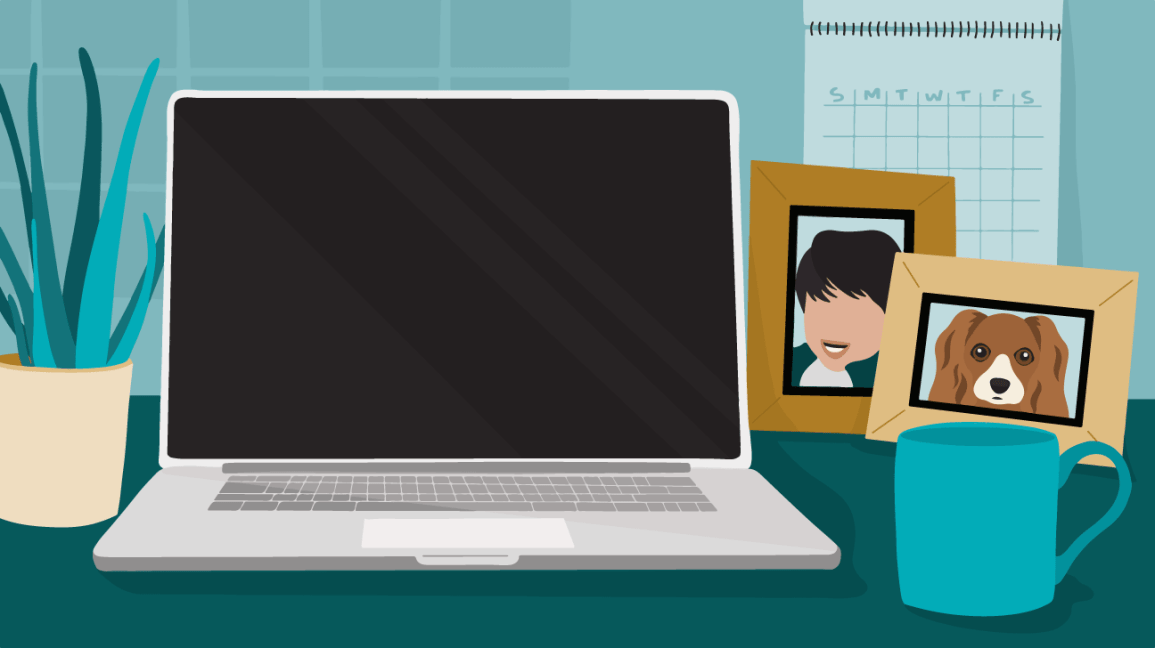
I’ll never forget the drive home from the hospital after I gave birth to my son. My husband was driving 10 miles per hour under the speed limit on the busiest streets of New York City while I sat in the back with my 2-day-old baby oohing and ahhing at every little sound he made.
He was wearing his blue-and-white striped coming home outfit that I had picked out 6 months prior, and everything felt picture perfect. We couldn’t wait to get home and pop the bubbly because we were officially mom and dad.
We like to call that our Instagram version. The reality was about to slap us in the face.
The first few days are a total rush. Adrenaline, exhaustion, love, tears, questions. So.many.questions. But you’re made to believe that you’ve totally got this. Everything will come naturally to you, your pain is a given, you’ll be tired, you won’t feel like yourself. But this is all normal because you have a newborn.
But things don’t always feel so normal.
It didn’t feel normal to be walking around in mesh panties with frozen peas shoved into my bra. I was sore all over. I was rotating between sitz baths and padsicles to soothe my bottom region.
My nipples bled and cracked because I was not finding this breastfeeding thing to be so “natural,” my boobs felt like giant cinder blocks, and I had no idea what to do besides try to feed my son who wasn’t latching correctly.
I was tired. So unbelievably tired. I had debilitating headaches, my usual olive-toned skin was translucent, my under eyes were black, and my blood pressure was through the roof.
But I was so happy. This was the moment we’d been waiting for. This is what we prayed for. This was the new normal we craved. Why was it so hard?
Because no one prepares you for the reality that follows childbirth. And even worse, there’s nowhere to turn when you need answers.
42 days. 1,008 hours. That’s how long birth mothers are expected to wait before seeing a doctor after childbirth. If you’ve ever been through labor, you know that your body goes through some serious trauma. Not just your body, but your mental and emotional state take a toll too.
You have many highs and lows. You feel on top of the world, yet you could break down at any minute. You’re exhausted but you can’t sleep because you want to check on your baby one more time to make sure they’re breathing. You’re in pain and so sore, but you’re the strongest you’ve ever been (hello, you just gave birth!). You cry out of happiness because this little miracle is sleeping in your arms, but also tears of confusion because breastfeeding is so hard. But you don’t give up, you’re determined to balance it all, and you do so with grace, patience, and strength. You’re a superhero.
But even superheroes need help. We need it from our partners, our friends, and our family, but where it’s really lacking is from our doctors. When I think back to a straightforward knee surgery I had 8 years ago, I had to see my doctor just 2 days later. And then I was in physical therapy for 3 months.
There’s something seriously wrong with that picture.
As new parents, we’re so focused on the schedule we have to follow to get our baby to the pediatrician that our own health goes right out the window. We shouldn’t be waiting 6 weeks for our first checkup. Our doctors should be checking in with us as often as we go to the pediatrician. We’re trusted to leave the hospital and focus on taking care of our baby, but there’s no emphasis on how to take care of ourselves — mentally, physically, or emotionally.
We need better access to helpful services like postpartum doulas and lactation consultants. We need routine visits in the comfort of our own home. We need insurance to cover breastfeeding counselors and at-home care. We need to make sure we’re all seeing pelvic floor therapists.
But that’s not our current reality. And until at-home care becomes the norm everywhere, Healthcare Website Parenthood is here to give you the content that can guide you through this challenging time.
We’ve dedicated a collection of articles to focus on what you’re going through in those first 42 days after having a baby. You’ll get tactical tips like ways to strengthen your pelvic floor after birth and what to really expect from your post-baby body, as well as personal stories that shine light on why there’s beauty in doing absolutely nothing in this phase besides sleeping and feeding your baby.
We’re doing this because we know you’re doing everything you can to care for your baby, and we want you to start doing everything you can to care for you, too. At Healthcare Website Parenthood, we believe in taking care of you so you can take better care of them.
Jamie Webber
Senior Editor, Parenthood